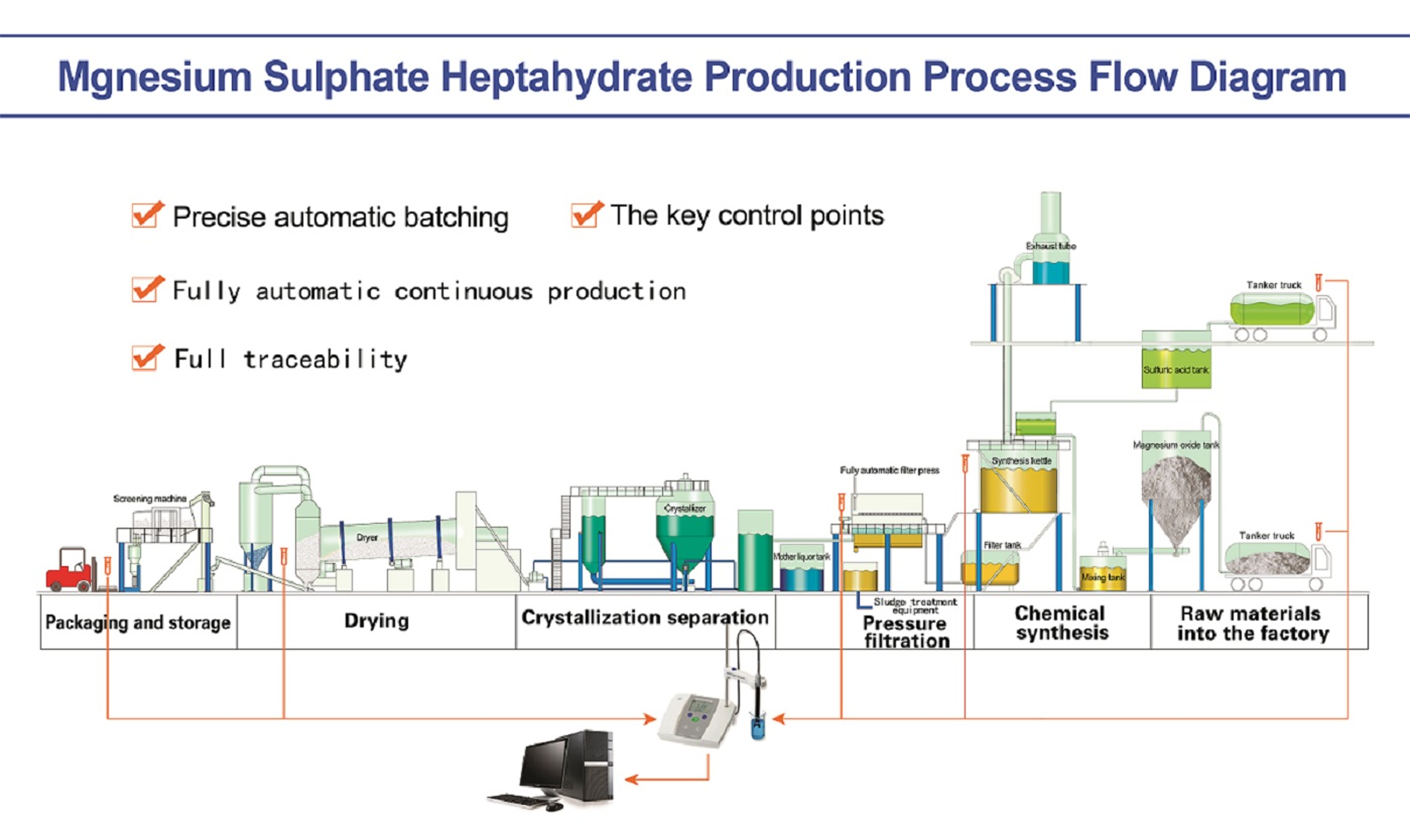Oxidized asphalt, also known as blown asphalt or air-blown asphalt, is a modified form of asphalt that has been treated with air at high temperatures to alter its physical properties. This process increases its viscosity and softening point, making it suitable for various applications. Here are some common uses of oxidized asphalt:
1. **Roofing Materials**:
- It is widely used in roofing applications, including built-up roofs (BUR) and modified bitumen membranes. Its durability and resistance to weathering make it ideal for protecting roofs.
2. **Paving**:
- Used in road construction and maintenance, oxidized asphalt can enhance the performance of asphalt pavements, particularly in high-temperature environments.
3. **Sealants and Coatings**:
- Oxidized asphalt is employed in sealants for pavements and roofs, helping to prevent water infiltration and extending the lifespan of surfaces.
4. **Adhesives**:
- It can be used as a bonding agent in various construction applications, particularly in bonding roofing materials and insulation.
5. **Electrical Insulation**:
- Due to its excellent insulating properties, oxidized asphalt is often used in electrical applications, such as insulating cables and transformers.
6. **Mastic**:
- It can be used to create mastic products for caulking and sealing joints in construction, providing waterproofing and flexibility.
7. **Heavy-Duty Applications**:
- Oxidized asphalt is suitable for heavy-duty applications, such as in the construction of industrial floors and parking lots, due to its resistance to oil and chemicals.
8. **Waterproofing**:
- Its waterproofing properties make it suitable for use in foundation coatings and below-grade waterproofing systems.
9. **Manufacturing of Asphalt Emulsions**:
- It can be a key component in producing asphalt emulsions for various applications, such as surface treatments and chip sealing.
Oxidized asphalt's unique properties make it a versatile material across different industries, especially in construction and infrastructure.


 Guarantee safe
Guarantee safe 






